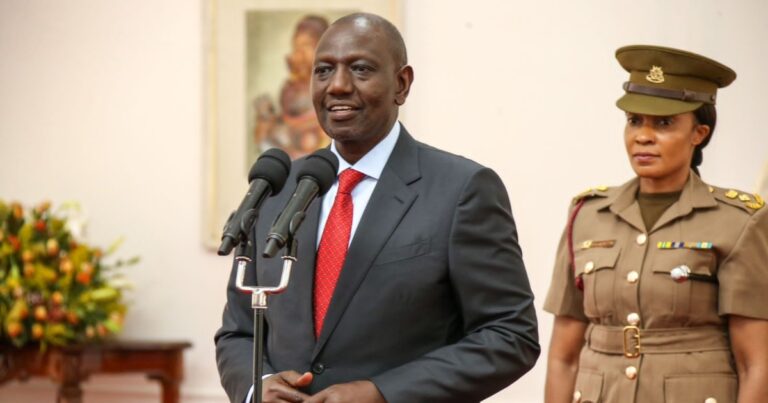Trending
- Zanzibar’s growing bet on seaweed: A fix for the island’s economic diversification?
- Africa-Indonesia investment forum poised to yield $3.5Bn worth of deals
- Can Africa’s fragmented voice find unity at COP29 climate finance talks?
- Relief for DRC: 100,000 mpox vaccines to shield at-risk populations
- Inside the multibillion-dollar pacts African leaders inked with China
- Abu Dhabi gears up for AIM Congress 2025, projects to host over 25,000 participants
- New era in Nigeria energy sector as $20Bn Dangote refinery starts petrol production
- Base Titanium’s December exit: A body blow to Kenya’s struggling mining sector?
